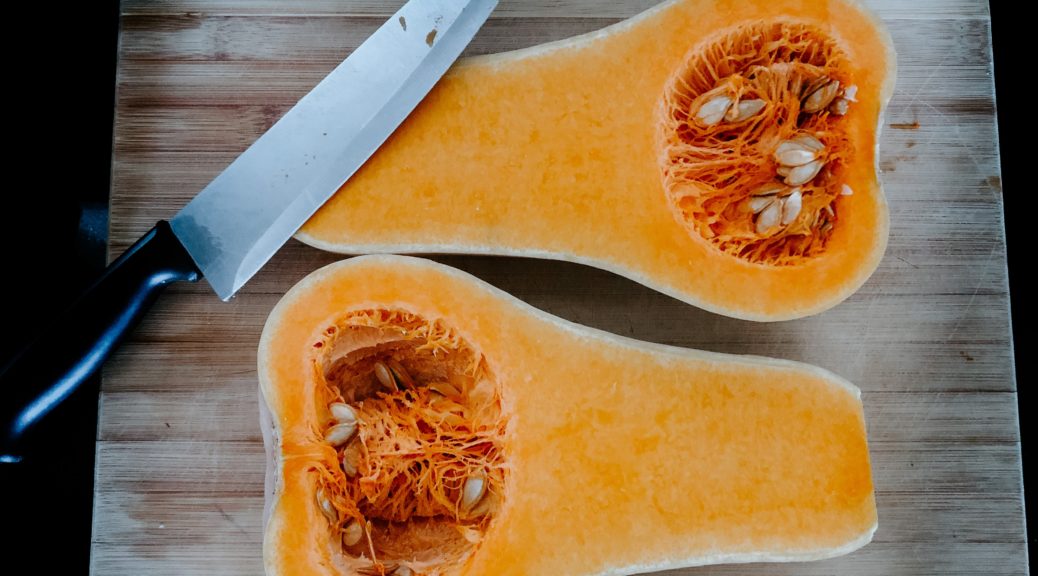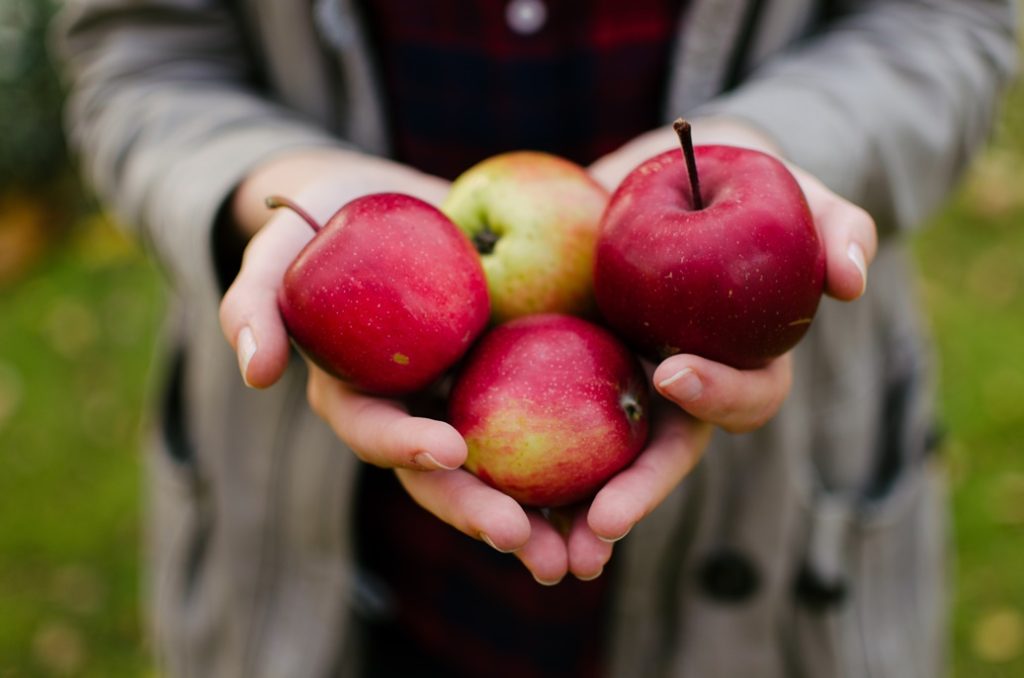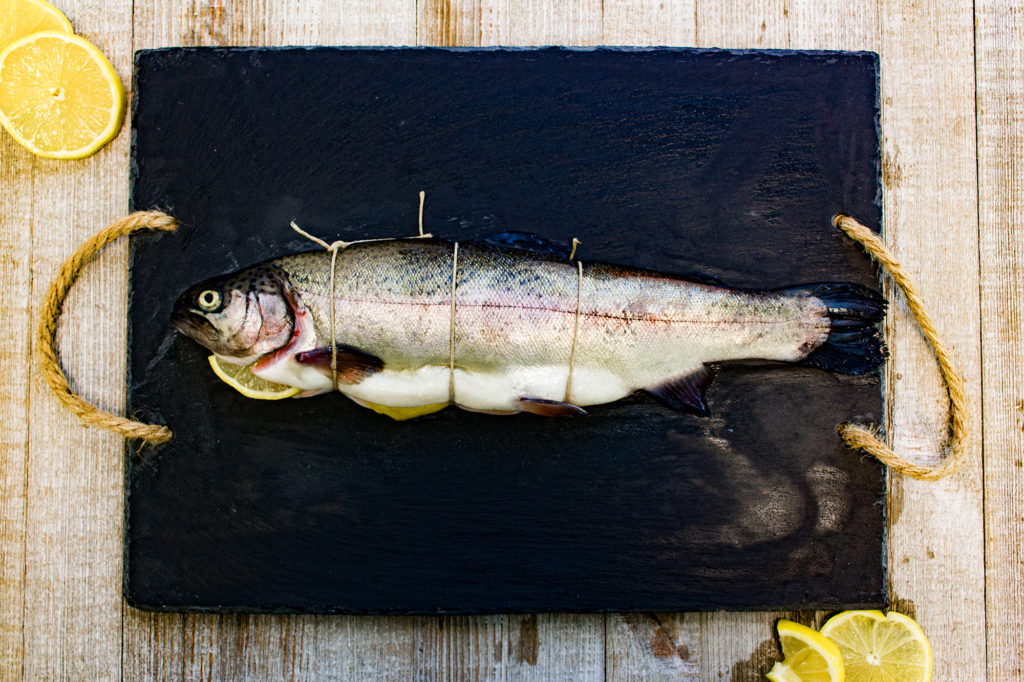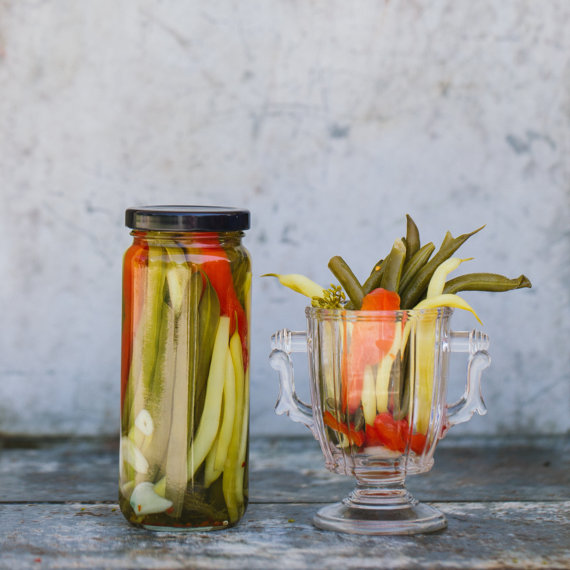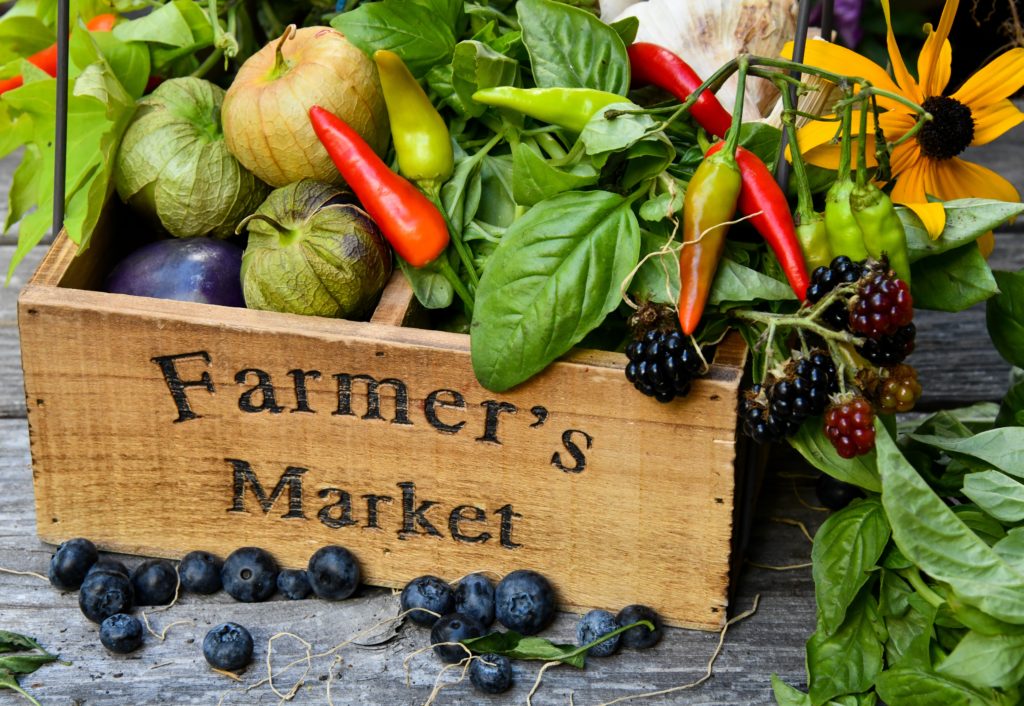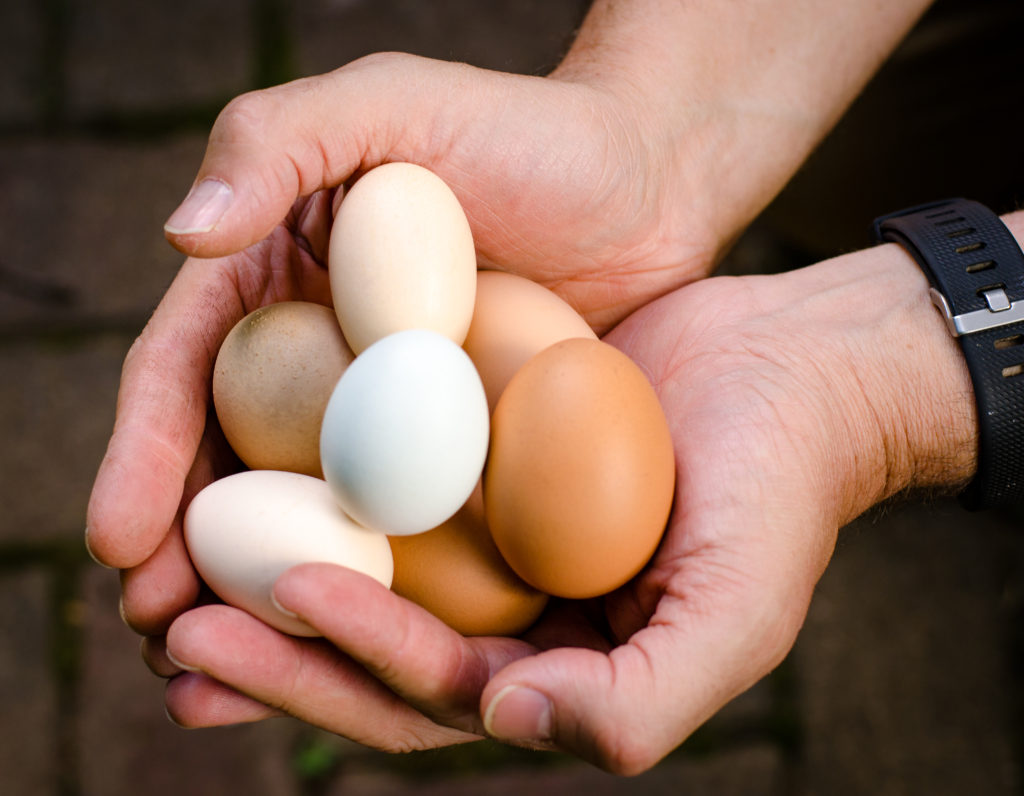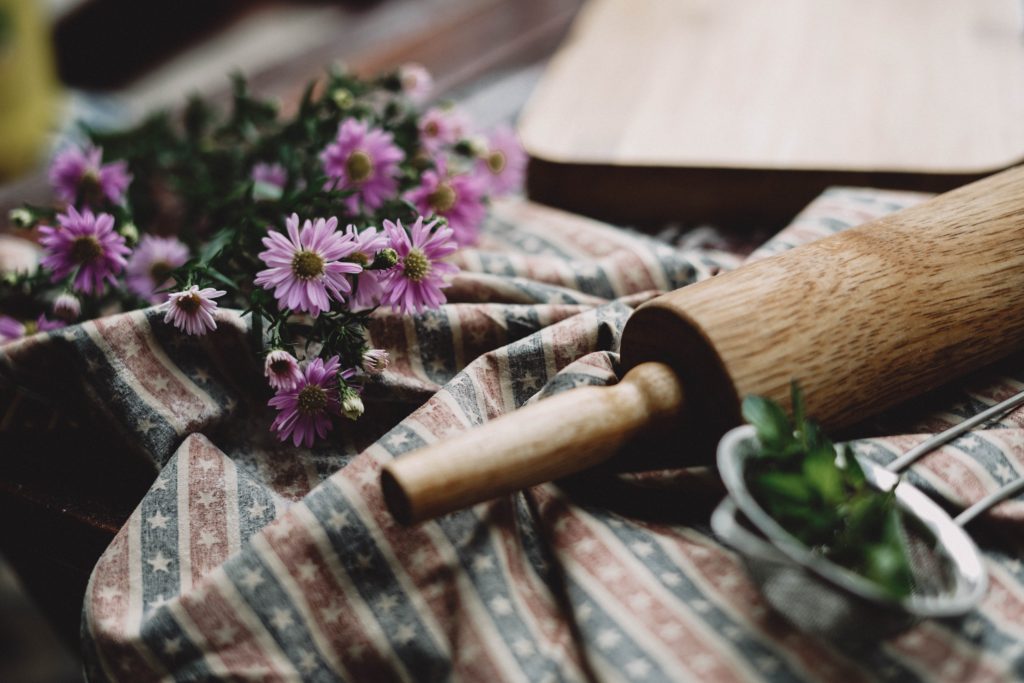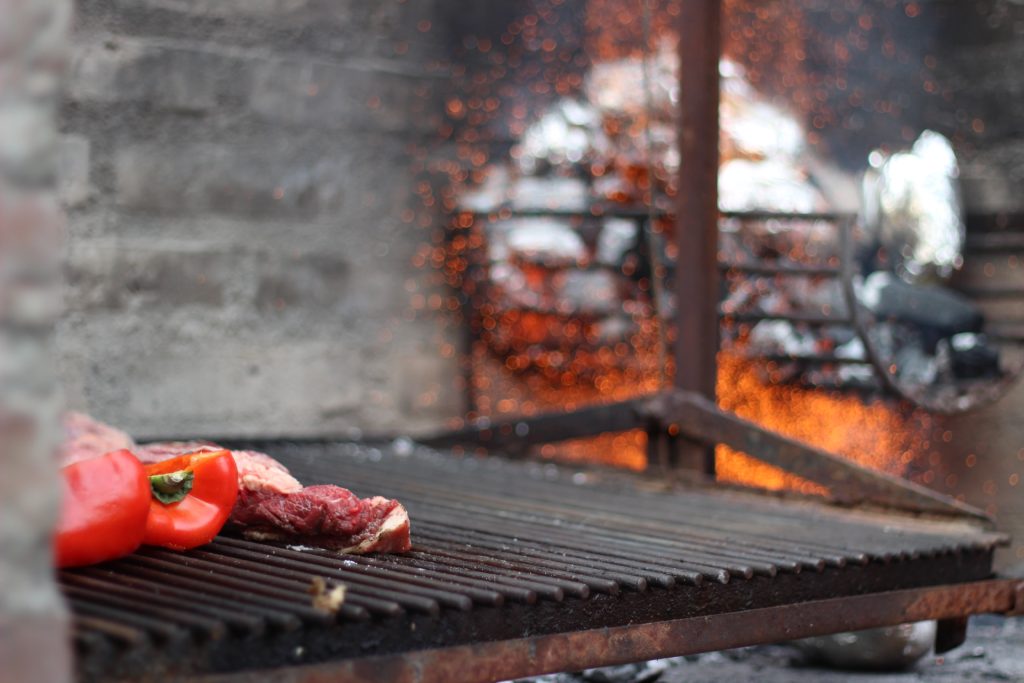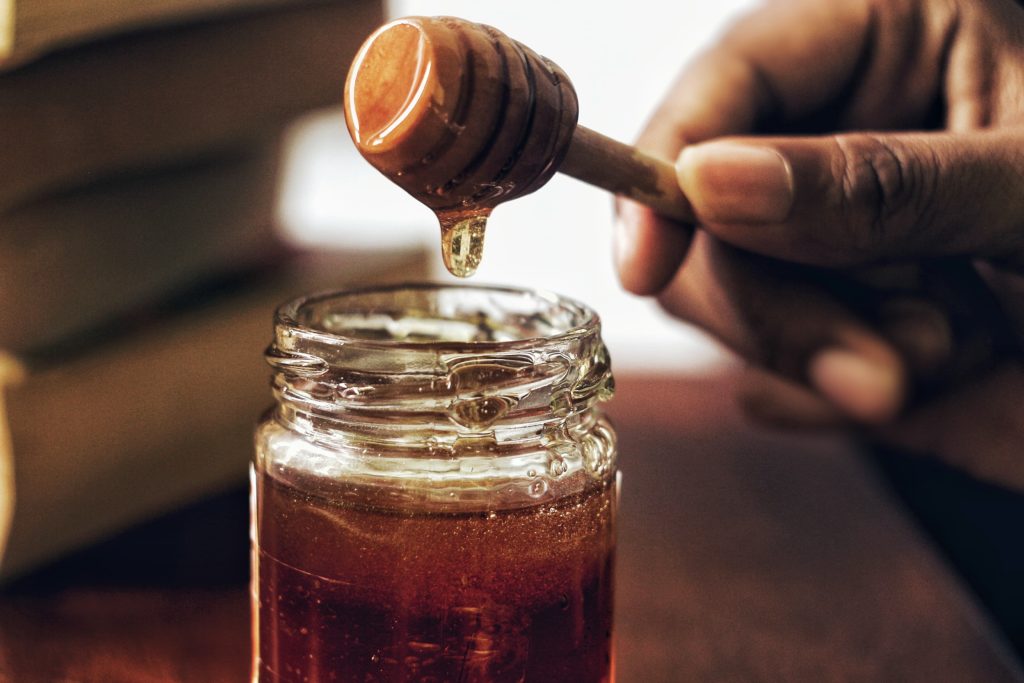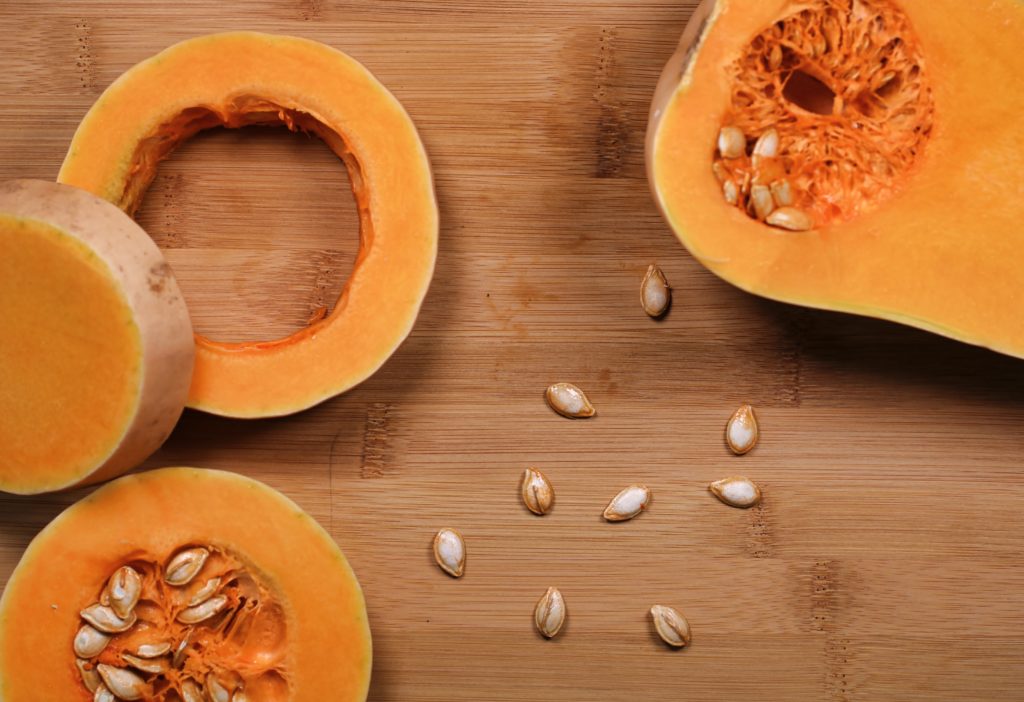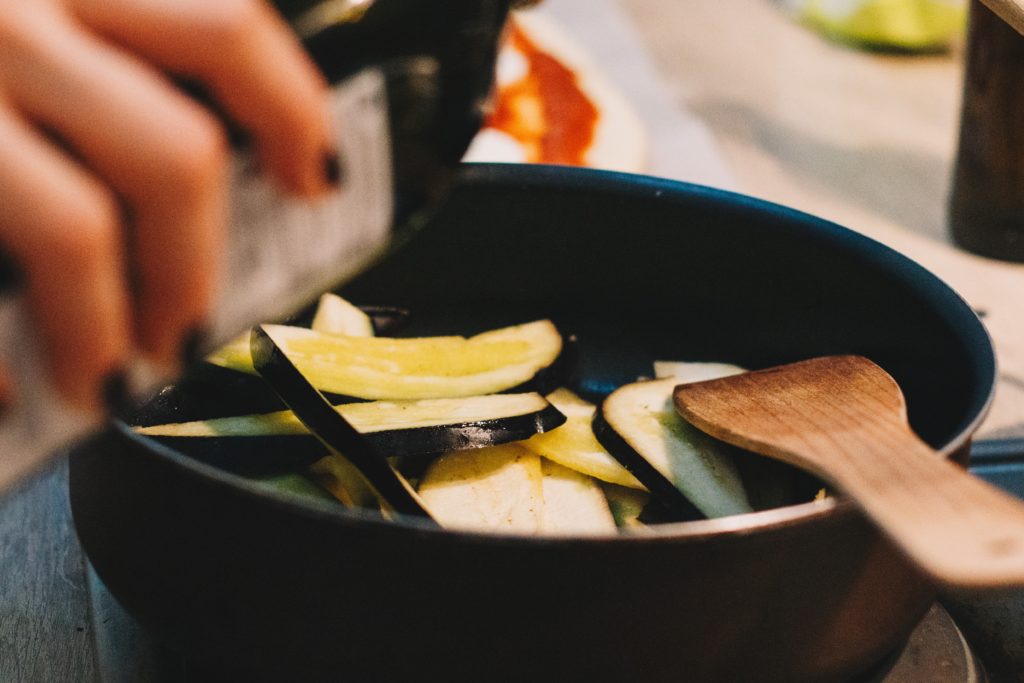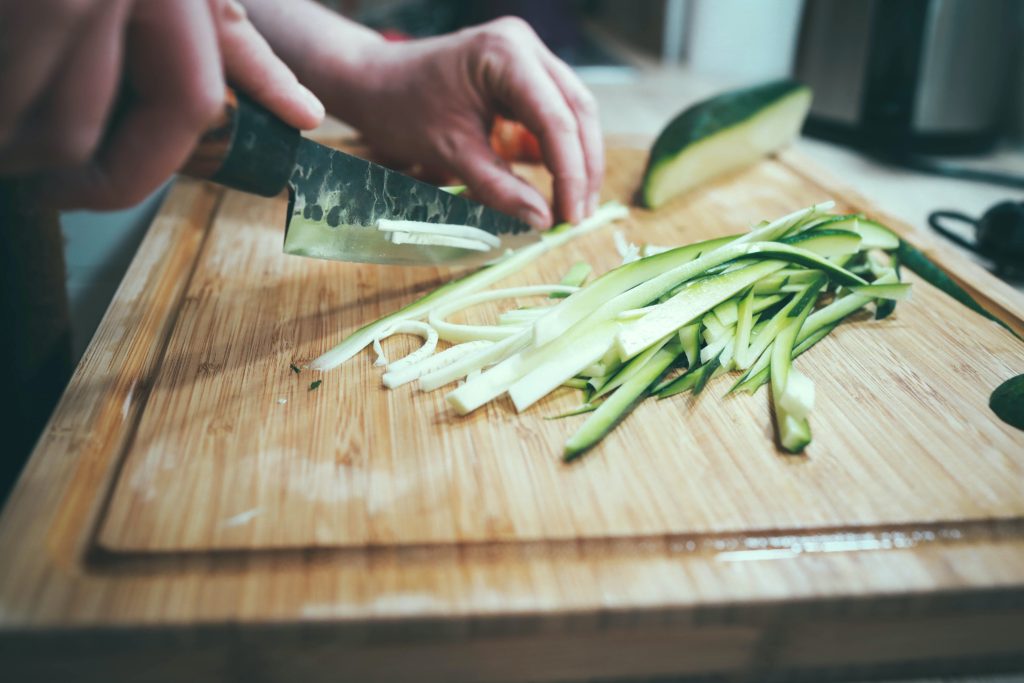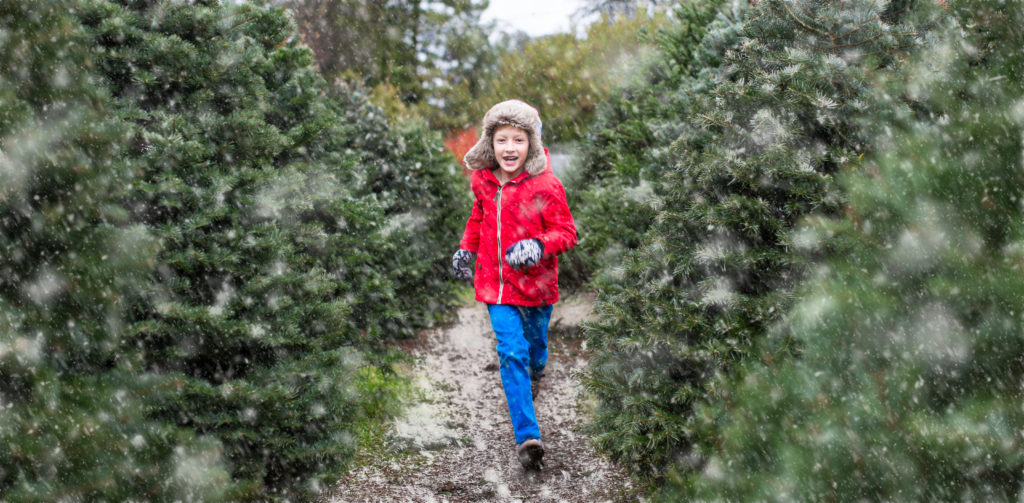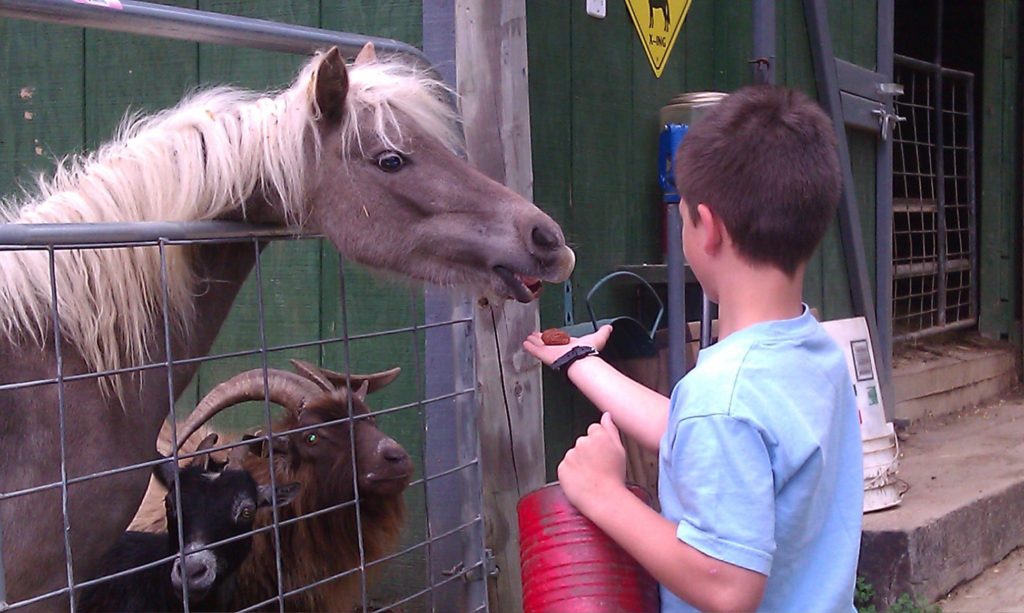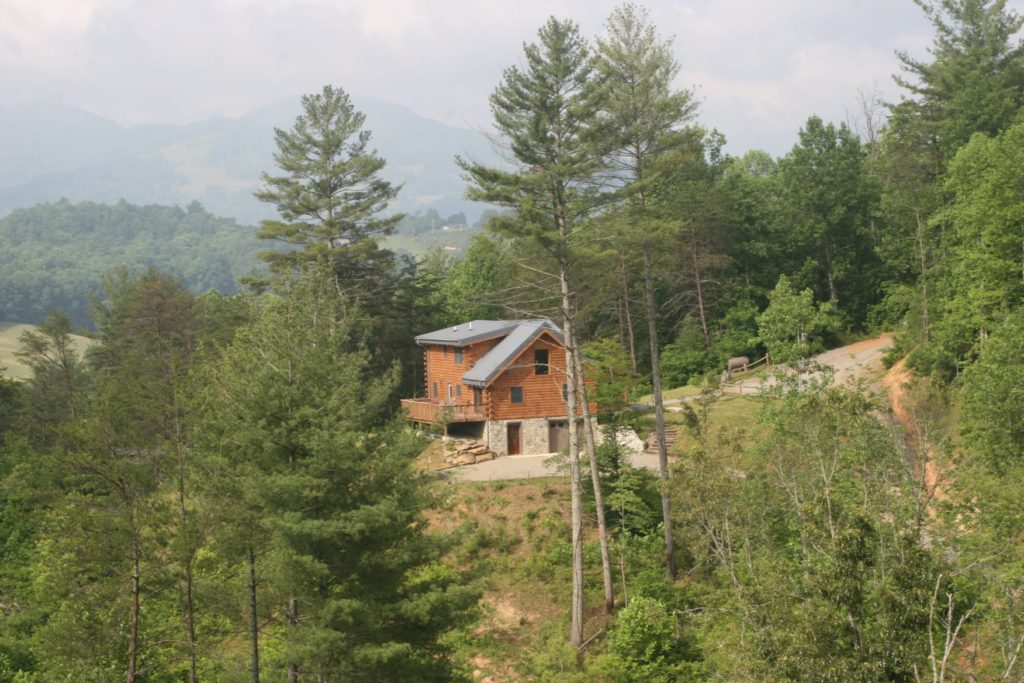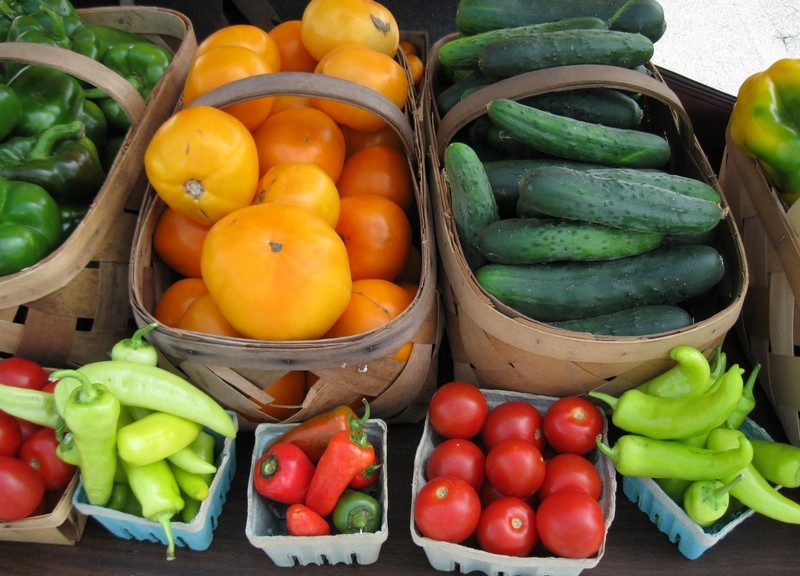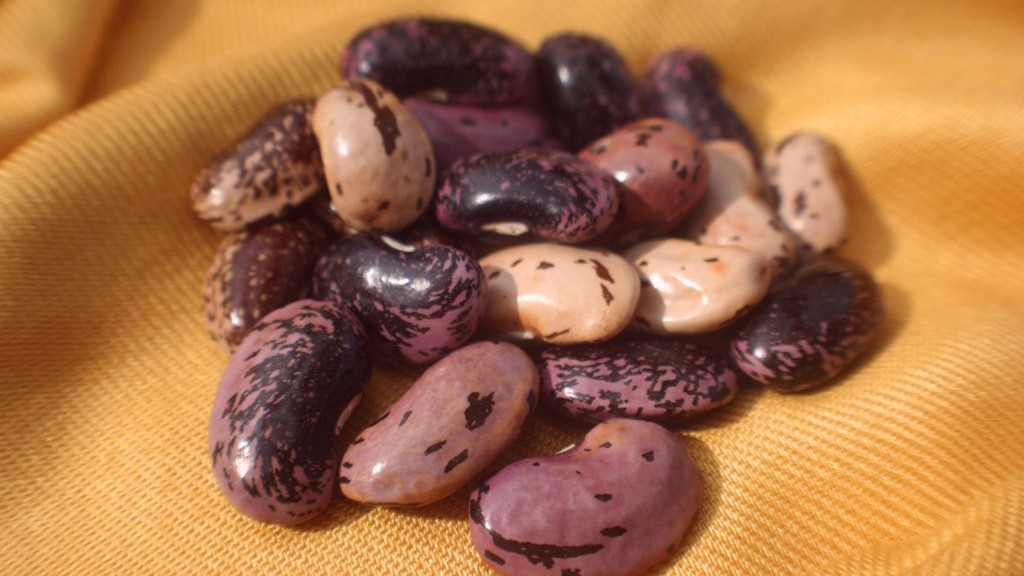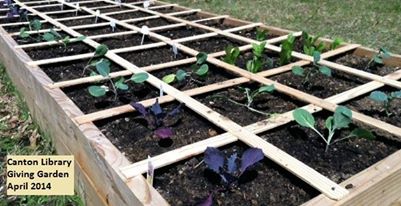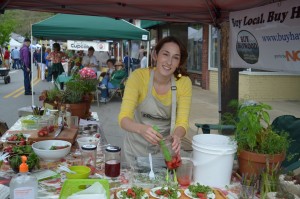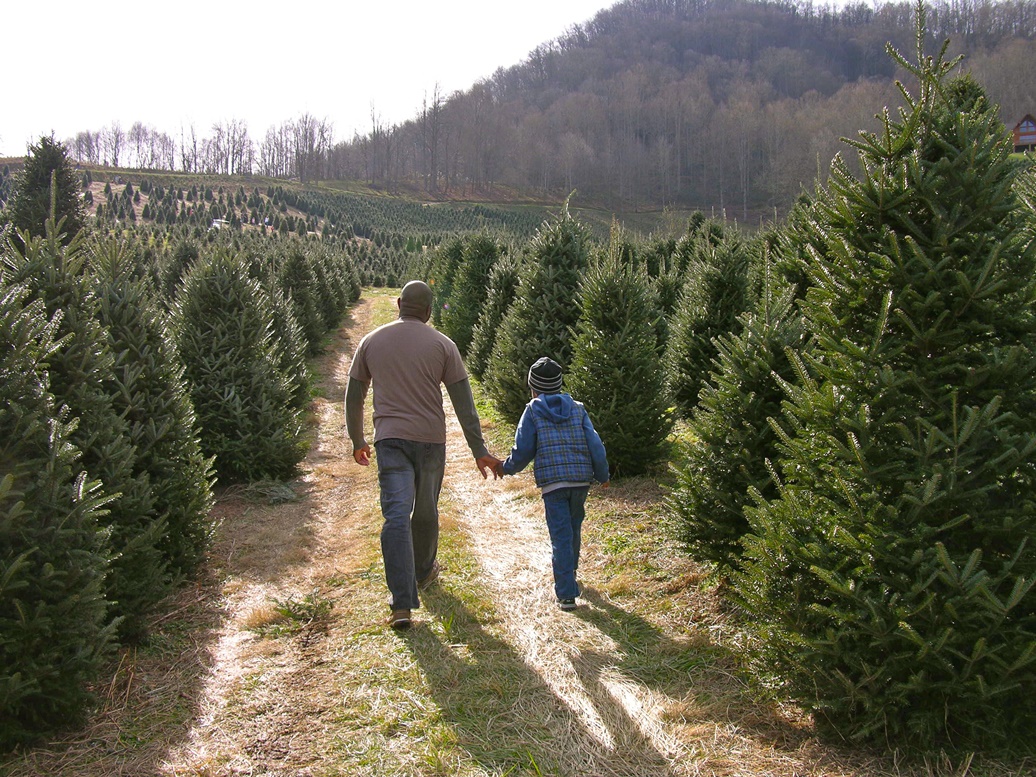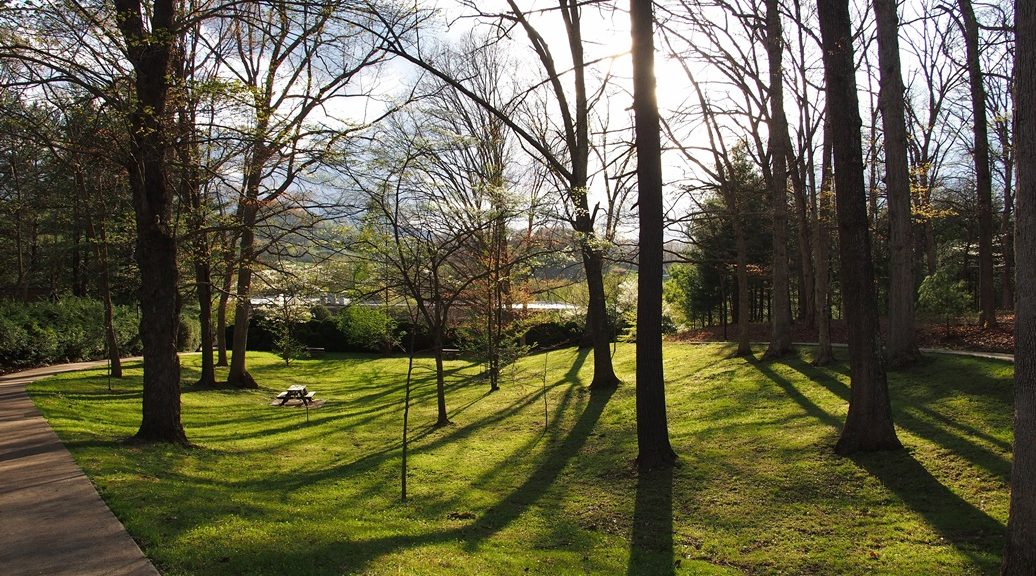Private chef, cookbook author and entrepreneur, Jackie Blevins, is no stranger to local ingredients. Her seasonal menus celebrate the best of what local farms and her own garden have to offer. Around these parts, she and husband, Frank, are something akin to celebrities. Her monthly wine dinners tend to sell out–and fast. Her private chef events are exclusive. Yet, she found time to share an incredible butternut squash recipe with us. Scroll down for a recipe that is sure to make you fall in love with winter squash.
Learn more about Chef Jackie and her Perfectly Seasoned wine dinners by subscribing to her newsletter–email her at chefjackie2@gmail.com to be added. Private dinner inquiries, call 828-400-4610
Butternut Squash Salad with Smoky Dijon Vinaigrette
Recipe courtesy of Chef Jackie Blevins of Perfectly Seasoned
Serves 6-8
INGREDIENTS
1 small butternut squash, peeled and 3/4 inch diced
2 Tablespoons extra virgin olive oil
Salt & pepper
2 apples, thinly sliced or julienned
1/4 cup dried cranberries, blueberries or golden raisins
Salad greens, butter lettuce or arugula
1/4 cup toasted sliced almonds
Shaved or grated Parmesan cheese or crumbled blue cheese for garnish
STEPS OF PREPARATION
Preheat oven to 400 degrees.
Place diced squash on baking sheet and drizzle with olive oil. Sprinkle with salt and pepper, toss to coat. Place baking dish in the oven and roast for 25-35 minutes or until squash is tender. Remove from oven and cool to room temperature.
Toss the squash with the apples, cranberries, greens and almonds. Drizzle with vinaigrette and garnish with cheese. Serve over salad greens.
SMOKY DIJON VINAIGRETTE
2/3 cup extra virgin olive oil
1/3 cup red wine vinegar
2 Tablespoons honey
2 teaspoons smoked paprika
2 teaspoons Dijon mustard
salt & pepper
To make vinaigrette, whisk together all ingredients in a bowl, salt and pepper to taste.

